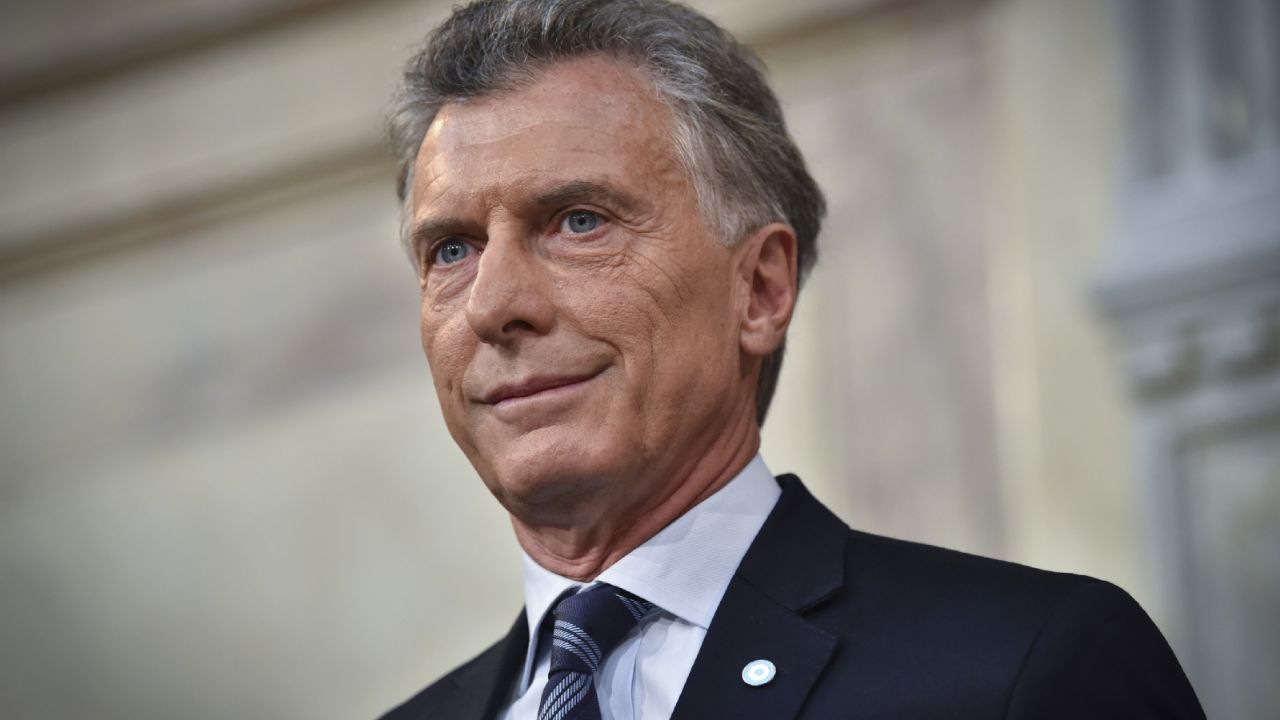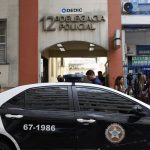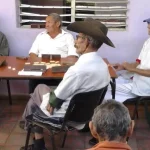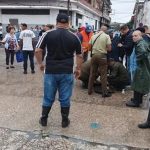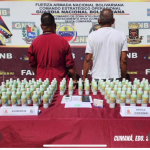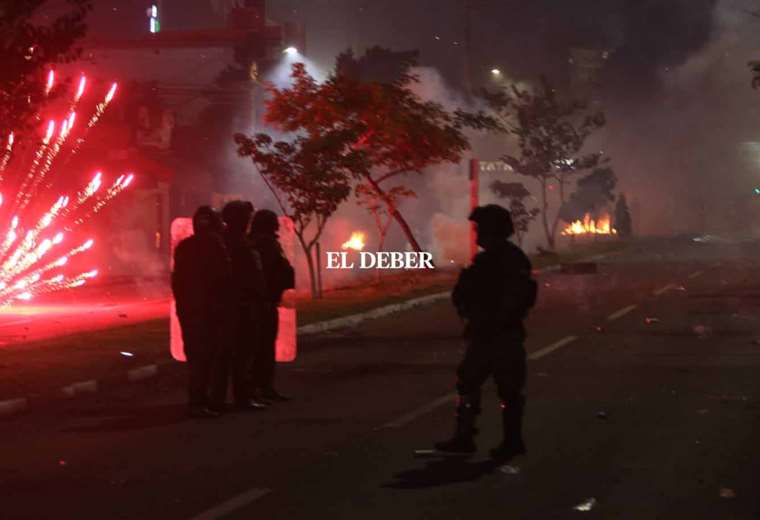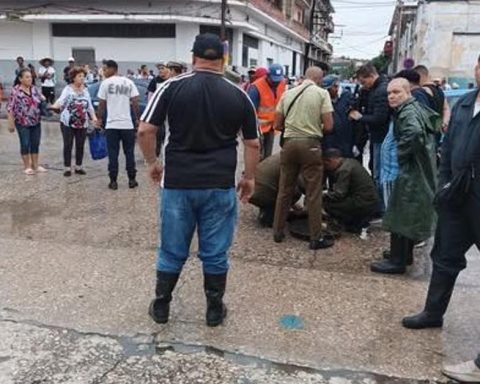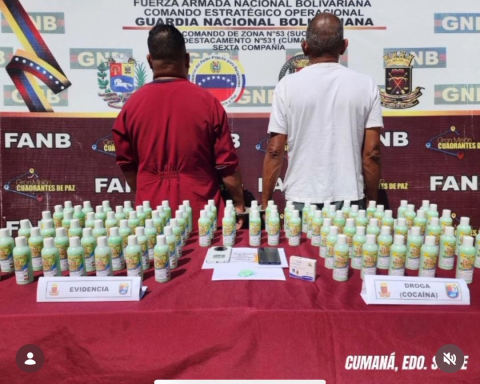The ex-president, Mauricio Macrionce again became the center of controversy for his statements, but this time, at the time of charging against Alberto Fernández, current president of the Nation, who for days has been carrying out a legal dispute with the governor of the Autonomous City of Buenos Aires (CABA), Horacio Rodríguez Larreta, for the increase in the co-participation that CABA will receive.
It is in this framework that the Ex leader, using soccer metaphors, attacked the head of state Fernández with phrases such as the following: “There is complete confusion about what is the fundamental role of a political leader. He has to generate conditions such as cutting and watering the grass and checking how the goals are. But when you violate the Constitution, the only thing you do is fill the pitch with holes,” he said. Mauricio Macri.
However, the strongest words spoken by the Ex leader Mauricio Macrioccurred when comparing the actions of Fernández with the uprisings of the carapintadas that happened in the governments of Raúl Alfonsín and Carlos Menem. “(Alberto Fernandez not complying with the resolution of the Court), It is one of the most serious things that has happened to us, only comparable to the uprising of the carapintadas”Macri said.
Then, about the governors who met with the president to offer their support in the contest that benefits CABA by redirecting certain resources that were destined for Santa Fe, these being Gerardo Zamora (Santiago del Estero), Jorge Capitanich (Chaco) and Omar Perotti. (Santa Fe), Mauricio Macri He said that they are “accompanying the violation of the Constitution.”

The painted face uprisings
Between 1987 and 1990after the return of democracy occurred in 1983 with the call for elections after going through the civic-military dictatorship of 1976, which lasted until that year, there was a series of four military uprisings that were called Carapintadas uprisings.
Members of the Argentine Army decided to disobey the chain of command (which has the President of the Republic as Commander-in-Chief of the Armed Forces) and put pressure on the democratic order. Threatening to carry out a new coup d’état, they influenced to a great extent the laws of impunity that released and exempted the perpetrators of crimes against humanity from any investigation.

In summary, the uprisings or uprisings of the carapintadas meant that those who perpetrated State terrorism in the civil-military dictatorships were not accused or sentenced until twenty years later, just in 2003.
